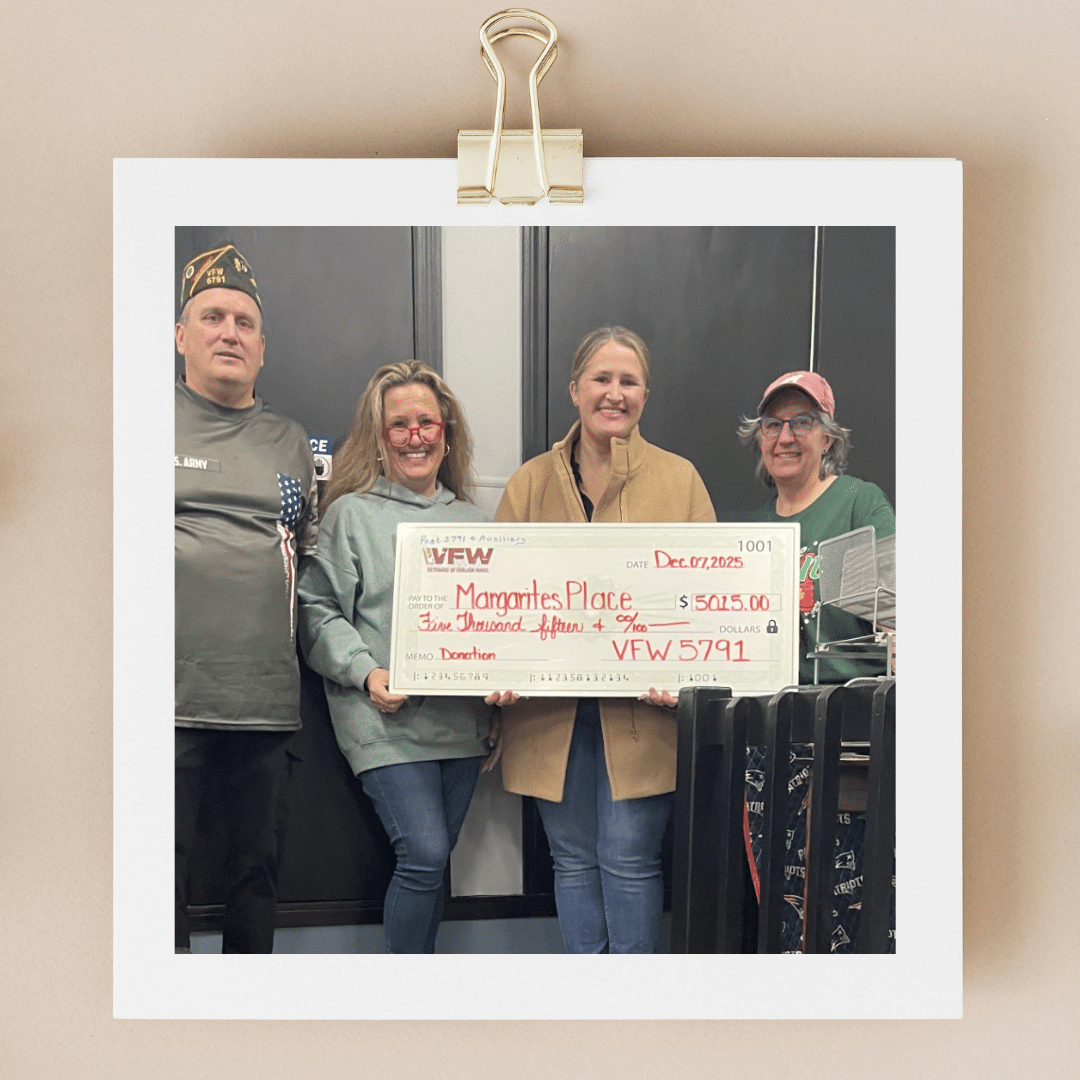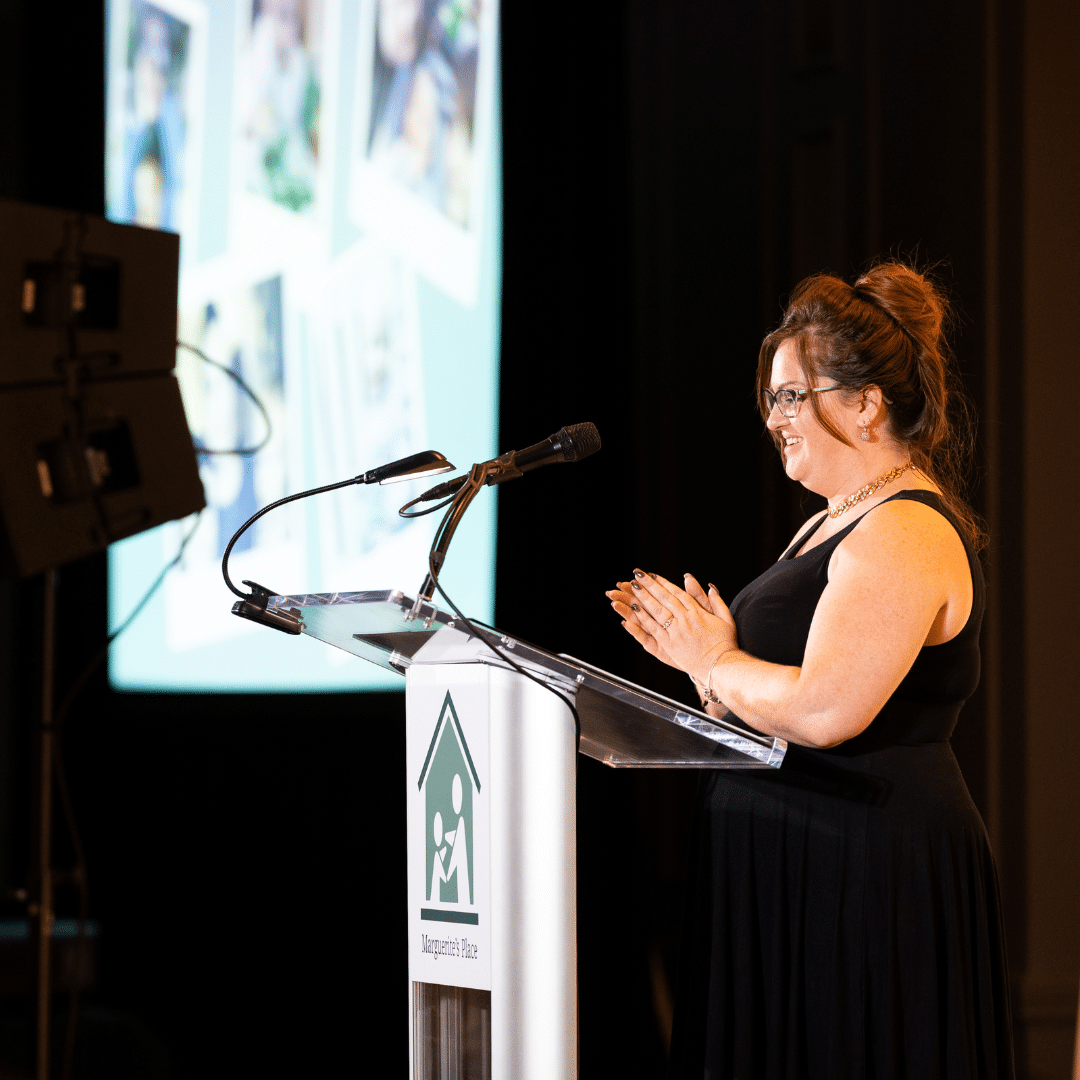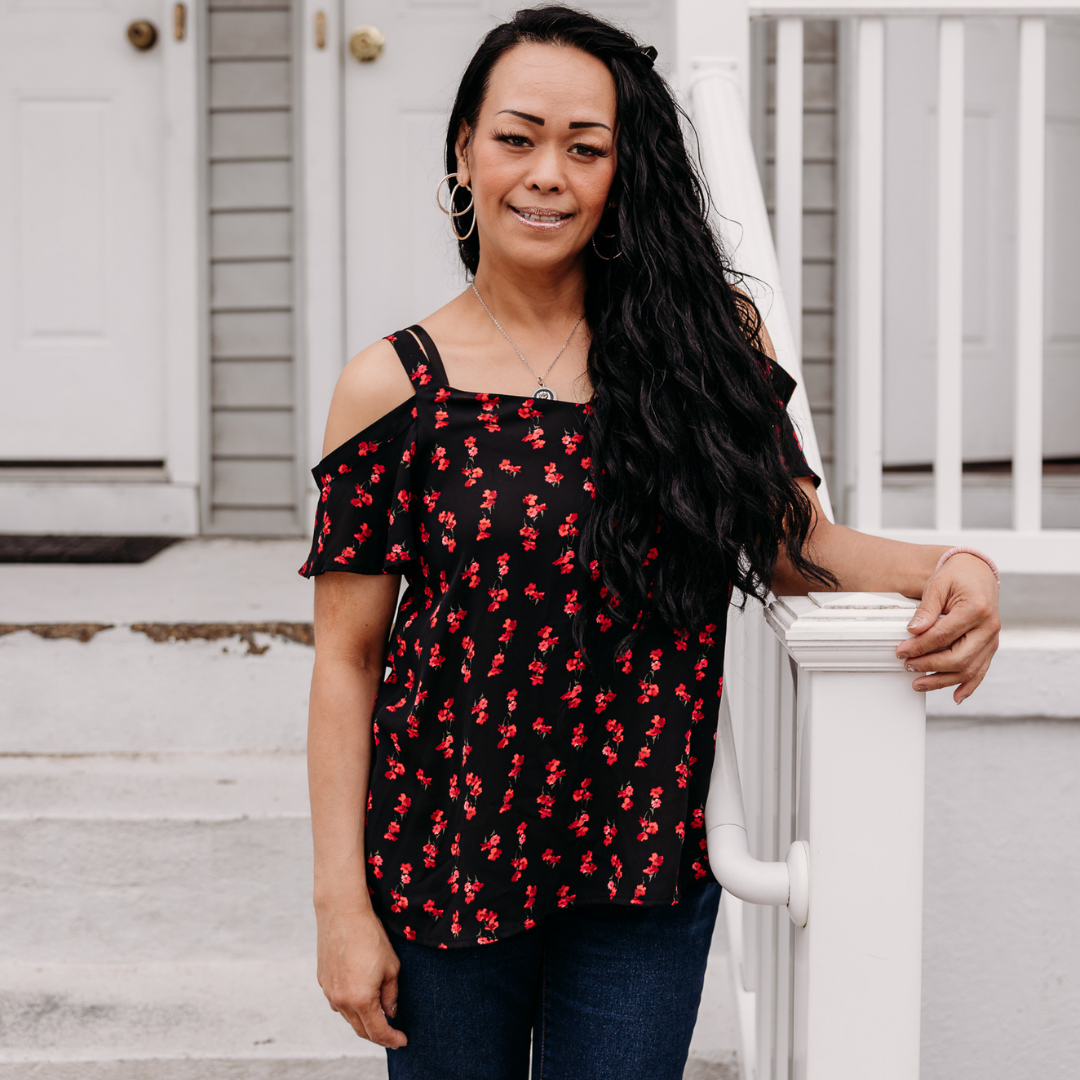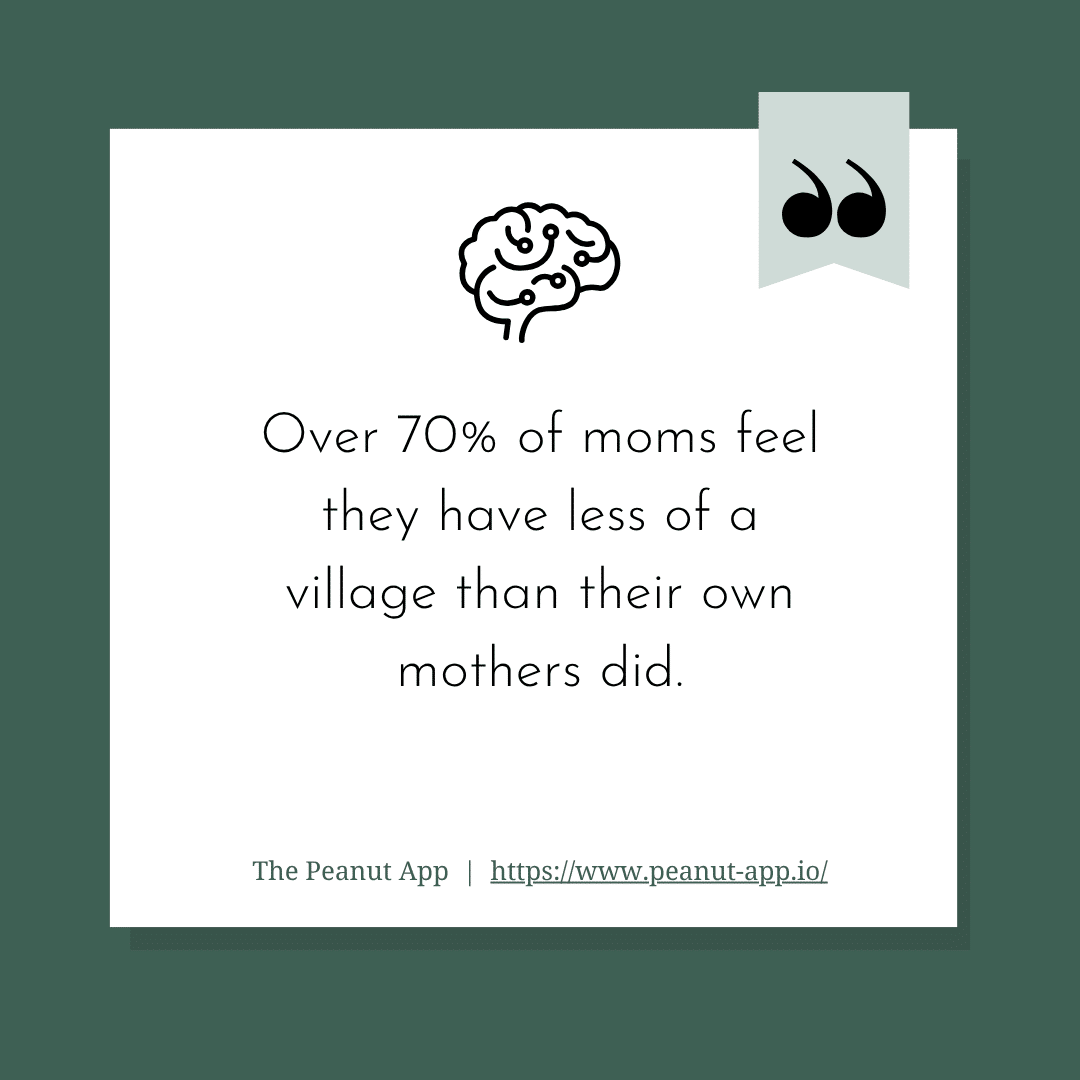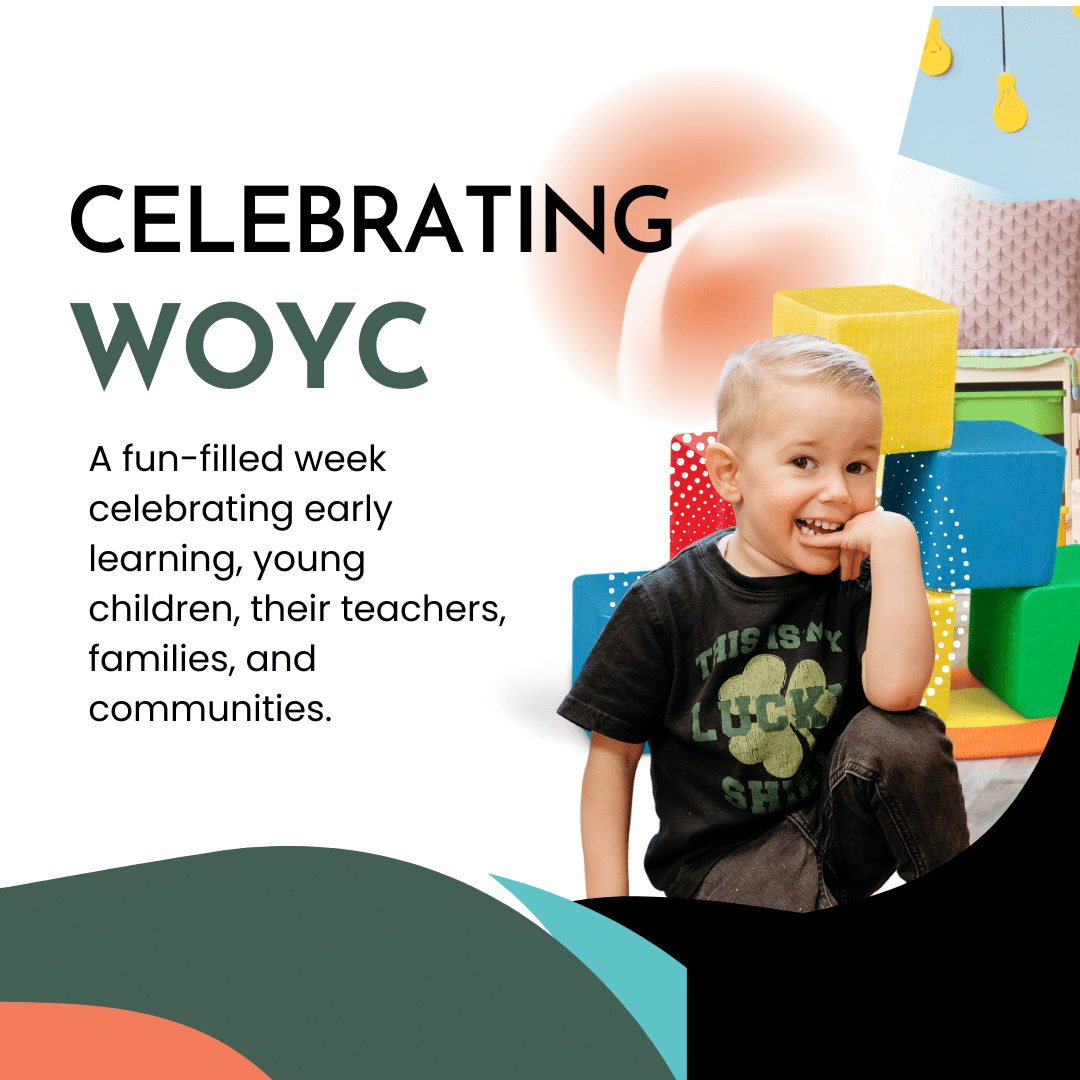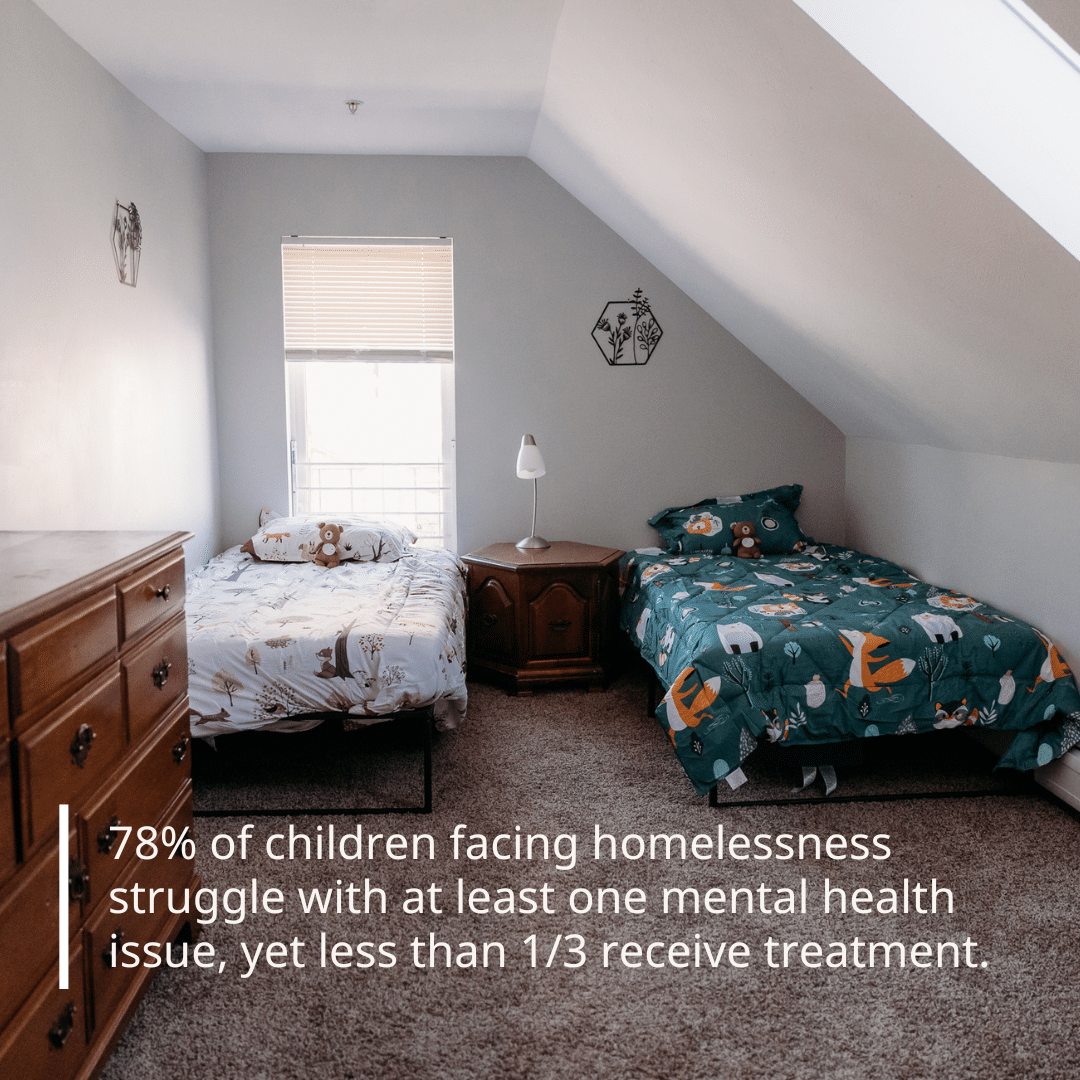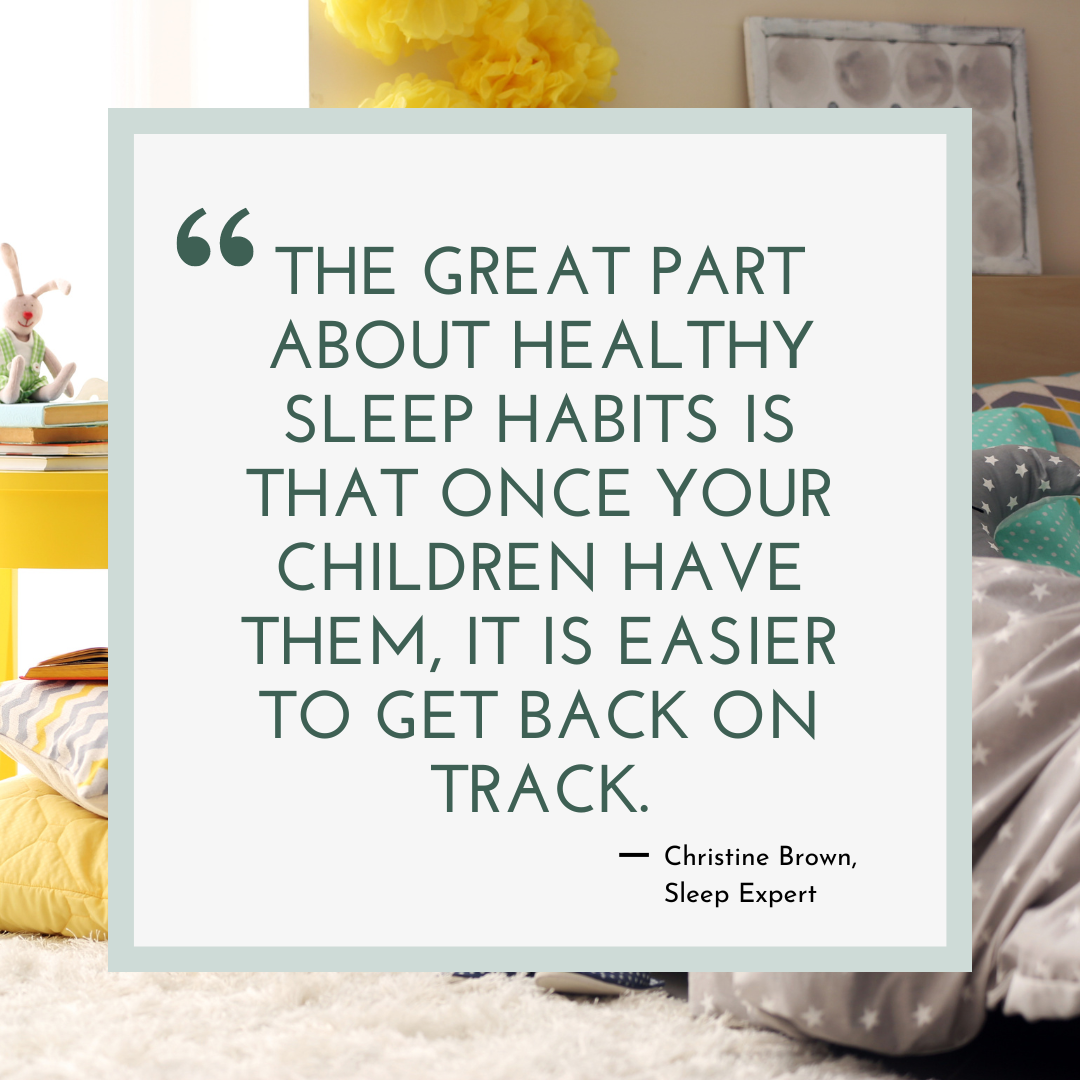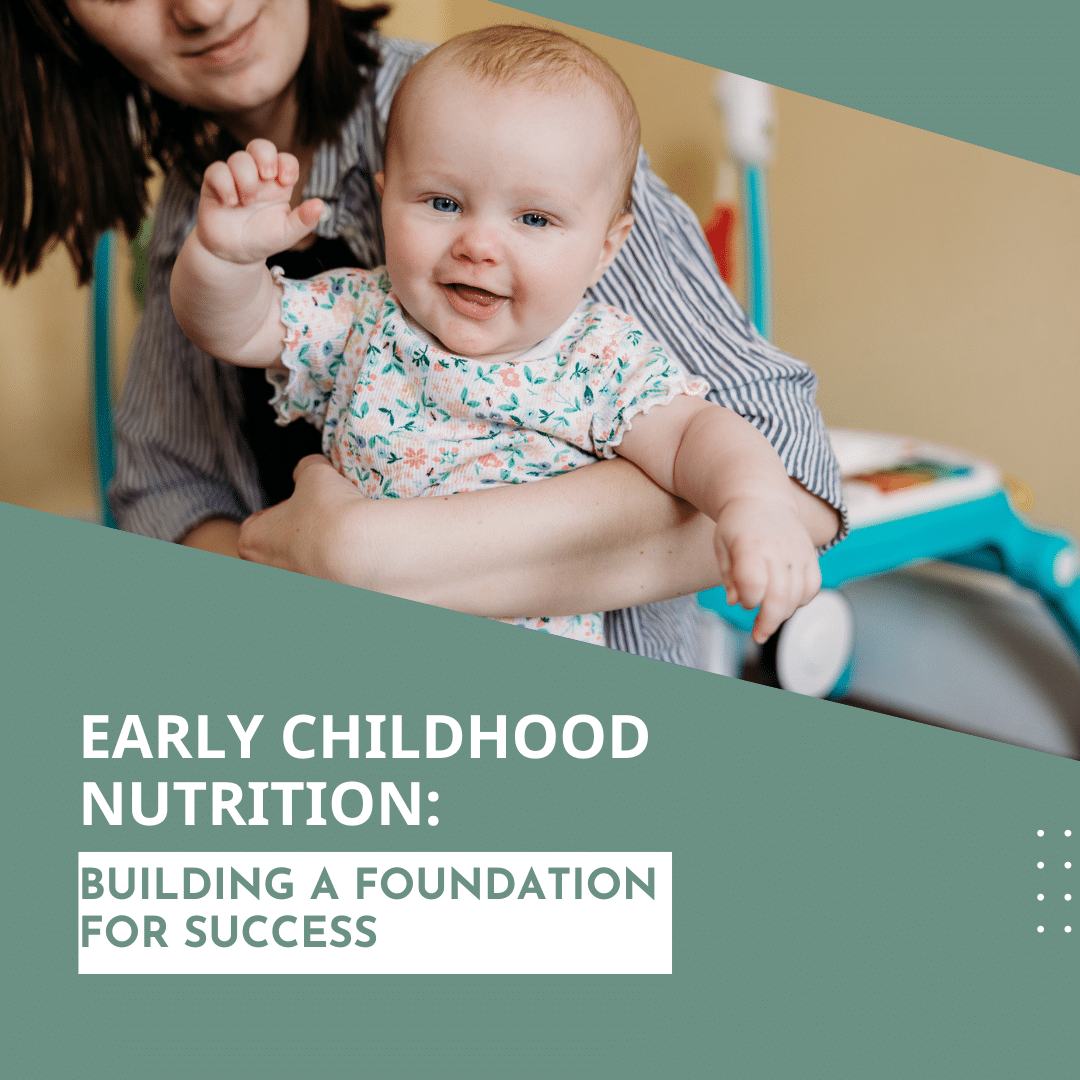
When families come to Marguerite’s Place, they’re not just looking for shelter. They’re looking for stability, support, and a sense of belonging.
Our community programs offer all of that and more.
From Family Empowerment Nights and skill-building workshops to one-on-one coaching and resource referrals, these programs are designed to meet families where they are. But the heart of our programming isn’t found in a curriculum.
It’s found in connection.

Why Community Matters
For families who’ve experienced trauma, isolation, or housing insecurity, community is transformational.
“Someone who has experienced domestic violence—or any situation that led to homelessness—can feel incredibly isolated. But now, she finds herself in a room with eight other women who have had the same experience.” Katelynn, Community Programs Coordinator, shares. “And it begins to break down stigma; it breaks down shame; it breaks down this concept of isolation, because now you’re in a community of women who truly understand what you’ve been through.”
In a community, families build trust, discover their strengths, and begin to see what’s possible. And this isn’t just a heartwarming theory. Research shows that strong social support is one of the most impactful protective factors in trauma recovery. Those with strong community connections are significantly more likely to heal and less likely to experience long-term mental health challenges. *
Additionally, according to new research conducted by the Peanut App, over 70% of moms feel they have less of a village than their own mothers did. That disconnection carries real consequences.
Parenting wasn’t meant to happen alone, and at Marguerite’s Place, it doesn’t have to.

What Is Community Programming?
- Family Empowerment Nights where moms and children share a meal, enjoy time with others, and participate in programming that fosters growth and connection.
- Workshops on parenting, financial wellness, interviewing, goal setting, etc.
- Creative and hands-on learning opportunities that enable mothers and children to build confidence and discover joy through art and exercise.
- Casual conversations that turn into lifelong support networks.
Recently, one of our Resident Moms shared: “Me and Amelia, who I met at Family Empowerment Night when I first moved in, started going to the YMCA together. We drop our littles off at the childcare center. They know each other and have a blast while we work out and keep each other motivated. We’re trying to get more moms to come with us!”
It may seem simple, but that shared accountability, encouragement, and space for wellness is powerful. Healing, friendship and connection continues long after the formal programming ends.
How Community Programming Fits into Our Holistic Support Model
At Marguerite’s Place, our services aren’t siloed. Community programming is deeply connected to our holistic model, which includes:
- Transitional and independent housing
- High-quality, trauma-informed childcare
- Personalized case management and career support
Together, these pieces work to address both urgent needs and long-term goals for the whole family.
Community programming isn’t just an “add-on.” It’s what makes it possible for moms to heal while building confidence. It’s what reminds families they’re not alone on this journey.

Because of Your Support, Families Don’t Walk This Journey Alone
When you donate to or volunteer at Family Empowerment Nights, you gift far more than a workshop or warm meal. You help create a village of support that so many families need.
You help make space for healing, learning, laughter, and trust. You make community possible.
Thank you for standing with our families and for being an integral part of the Marguerite’s Place community!


